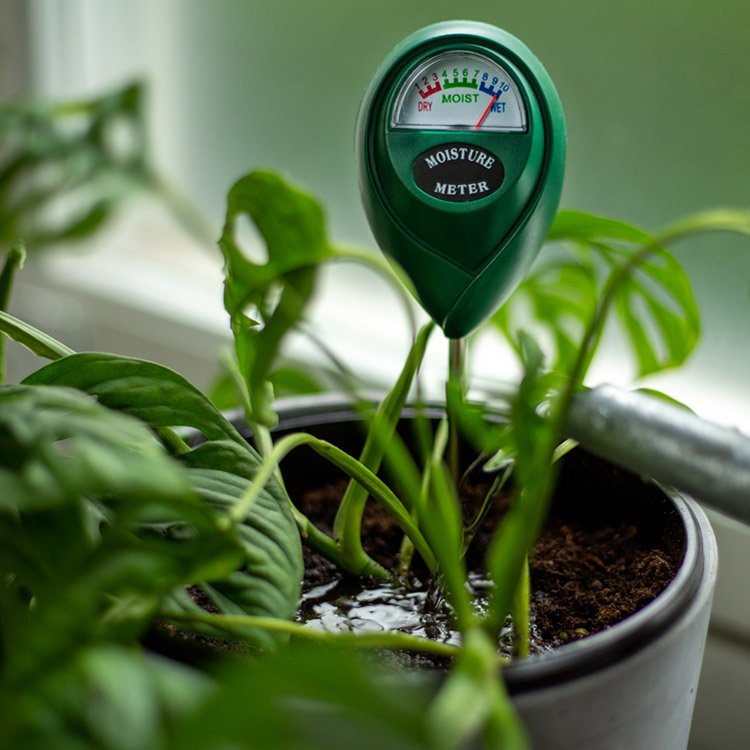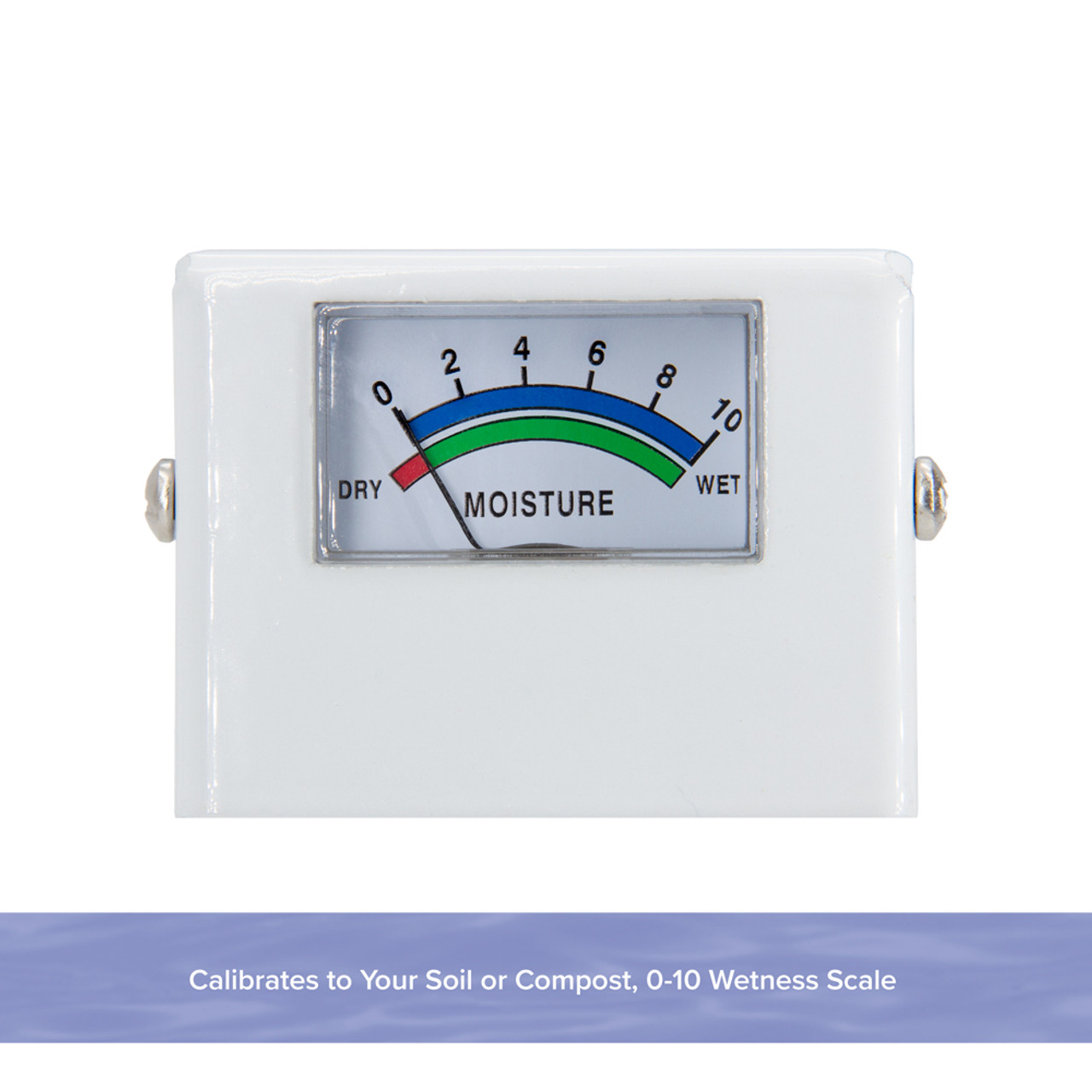Comprehending the Different Sorts Of Moisture Meters and Their Applications
The Ultimate Overview to Dampness Meters: A Comprehensive Introduction and How They Can Conserve You Money
In the world of structure upkeep, building and construction, and numerous sectors, the importance of accurately determining wetness degrees can not be overstated. Wetness meters act as essential devices in discovering and checking moisture content in products, helping in preventing costly problems and making certain the top quality of items. Comprehending the nuances of different kinds of moisture meters, their applications, and the potential cost-saving benefits they use can be a game-changer for services and specialists alike. Uncovering exactly how these devices can not just improve processes but also add to monetary cost savings is a trip worth starting.
Kinds of Dampness Meters
Numerous kinds of wetness meters are available for different applications in various markets. One common type is the pin-type moisture meter, which gauges the electric resistance in between two pins inserted into a material. This type is suitable for wood, drywall, and other structure materials. Pinless wetness meters, on the other hand, use electromagnetic sensor plates to scan a bigger area without triggering damages to the product's surface. Moisture Meter. These meters are optimal for swiftly evaluating wetness levels in big locations such as wall surfaces and floorings.

In addition, there are likewise specialized dampness meters created for details materials like grain, hay, or soil. These meters offer exact dampness analyses tailored to the one-of-a-kind buildings of the material being evaluated. Infrared dampness meters determine the thermal residential or commercial properties of a material to establish its moisture content non-invasively, making them helpful for applications where pin or pinless meters may not appropriate. Comprehending the various sorts of moisture meters readily available can assist sectors choose the most appropriate tool for their details dampness dimension requirements.

Advantages of Using Wetness Meters
Wetness meters supply indispensable advantages in accurately assessing and checking moisture degrees in diverse products and settings. One of the primary benefits of making use of wetness meters is the prevention of potential damage created by excess wetness.
Furthermore, utilizing wetness meters can lead to increased power performance. In farming setups, moisture meters play a crucial function in optimizing plant yields by making it possible for farmers to monitor soil moisture degrees and make notified watering choices.
Just How to Select the Right Moisture Meter
When selecting a wetness meter, it's vital to ensure that the meter is suitable for the particular product you will certainly be screening. Various materials have differing electric residential or commercial properties that can impact wetness readings, so choosing a meter designed for your product is important for exact results. By read what he said carefully assessing these variables, you can pick a dampness meter that meets your needs and gives exact moisture dimensions for your tasks.
Correct Techniques for Dampness Meter Usage

Expense Savings With Moisture Meter Applications
Exactly how can the tactical use of dampness meters lead to substantial expense savings across numerous markets? In the farming market, moisture meters help in figuring out the ideal time for harvesting plants, avoiding over-drying or excess wetness that can affect the last item's quality.
Similarly, in building and construction, moisture meters aid avoid expensive problems by finding dampness degrees in structure materials, such as wood or concrete, which can lead to structural concerns if not addressed promptly. By determining problem locations early find here on, service providers can take corrective procedures to prevent considerable repairs or replacements, ultimately saving time and money.
Moreover, in the food processing sector, dampness meters are necessary for keeping track of product quality and ensuring compliance with safety laws. By precisely gauging dampness web content in food items, makers can stop perishing, preserve quality, and lower waste, leading to substantial expense savings. Generally, the calculated application of dampness meters is a beneficial investment that can cause significant price reductions and enhanced performance across various sectors.
Conclusion
To conclude, dampness meters are important tools for measuring and identifying moisture degrees in numerous products. By using the best wetness meter and complying with appropriate methods, customers can successfully protect against costly problems created by excess moisture. Buying a quality dampness meter can result in significant expense savings in the lengthy run by identifying prospective more tips here concerns early on and enabling prompt removal. Ultimately, dampness meters are important tools for preserving the honesty and durability of frameworks and materials.
Wetness meters offer as indispensable tools in discovering and monitoring moisture web content in products, helping in protecting against expensive damages and ensuring the quality of items. Infrared dampness meters measure the thermal residential or commercial properties of a product to identify its wetness web content non-invasively, making them helpful for applications where pin or pinless meters may not be ideal.Dampness meters supply invaluable advantages in precisely monitoring and evaluating dampness levels in varied products and settings. In farming setups, wetness meters play a critical role in optimizing plant yields by allowing farmers to check soil moisture degrees and make educated watering decisions.In conclusion, moisture meters are useful devices for finding and determining dampness degrees in different materials.